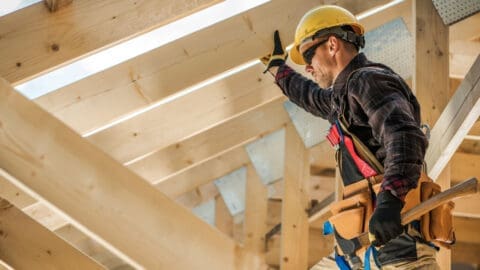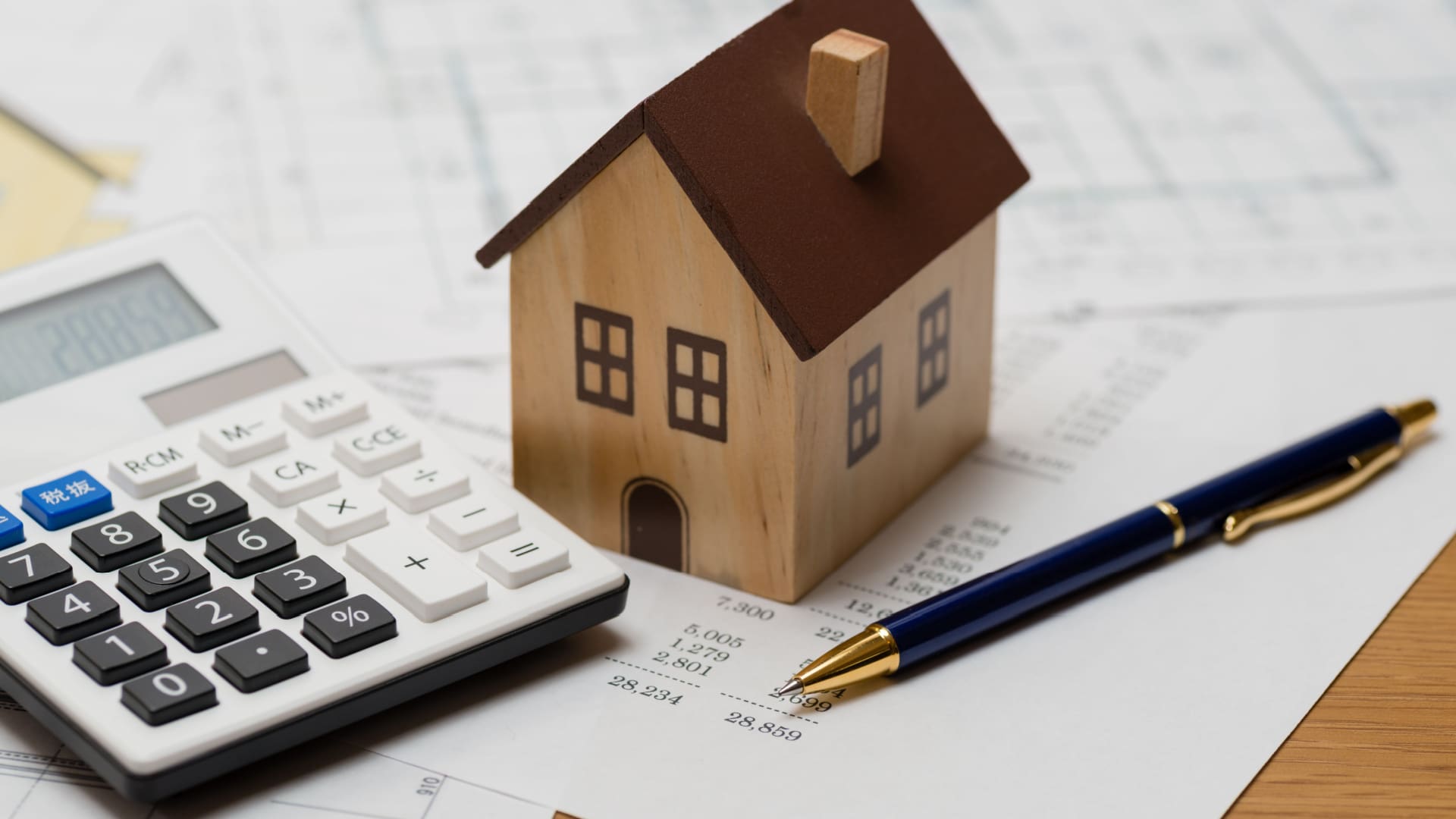In the Sunshine State, it’s no secret that the sun shines bright nearly all year long. Florida is not only a paradise for beach lovers but also an ideal location for harnessing solar energy. If you’re a homeowner in Florida, you’ve probably considered integrating solar panels into your home, especially as the state continues to promote renewable energy and sustainable practices.
But, have you thought about integrating solar panels with your existing roof? This solution offers a range of benefits—from reducing your monthly electricity bill to increasing the value of your home. In this blog, we’ll explore why Florida is the perfect place for solar panel integration, the types of systems available, and the long-term advantages of going solar.
Why Florida is Perfect for Solar Panels
Abundant Sunshine
Florida is one of the sunniest states in the U.S., earning it the nickname “The Sunshine State.” With over 230 sunny days per year, it’s the perfect environment for generating solar power. Solar panels rely on sunlight to produce electricity, making Florida an excellent location for both homeowners and businesses looking to reduce their energy costs by tapping into the power of the sun.
Solar Incentives and Tax Benefits
Florida residents can benefit from various incentives that make installing solar panels more affordable. The Federal Solar Investment Tax Credit (ITC) allows homeowners to deduct 26% of the cost of solar installation from their federal taxes. Additionally, Florida offers sales tax exemptions for solar power systems, making it an even more financially attractive option.
Moreover, net metering in Florida allows homeowners to sell excess energy back to the grid, further reducing energy costs. These incentives, along with Florida’s sunny climate, make solar a smart investment for homeowners.
Increasing Electricity Costs
Florida’s electricity prices are steadily rising, and in some areas, residents are facing substantial hikes in their utility bills. By installing solar panels, homeowners can produce their own electricity and significantly lower their monthly energy expenses. This is especially beneficial for Florida homeowners who may see their bills increase during peak summer months due to air conditioning usage.
Benefits of Integrating Solar Panels with Your Existing Roof
Cost Savings
One of the biggest advantages of installing solar panels is the potential for significant savings. With solar energy, homeowners can drastically reduce or even eliminate their monthly electricity bills. Once installed, solar panels generate free electricity, and any surplus energy can be sold back to the utility company, offering additional savings or revenue.
The upfront cost of solar panel installation is often offset by these savings, meaning the system eventually pays for itself. With the right incentives in place, the return on investment (ROI) for solar can be realized in as little as 5 to 10 years.
Energy Independence
Solar power offers homeowners the opportunity to become more energy-independent. In Florida, where hurricanes and storms are a concern, having a solar panel system can be especially beneficial. With a solar-powered system and proper battery storage, homeowners can continue to power essential appliances and lighting during power outages, giving them peace of mind and reducing their reliance on the grid.
Environmental Impact
Switching to solar energy helps reduce your carbon footprint. Solar power is a clean, renewable source of energy that doesn’t produce harmful emissions or rely on fossil fuels. For Florida homeowners, this is a significant benefit in the fight against climate change and helps contribute to the state’s renewable energy goals. Going solar is one of the most impactful actions you can take to support the environment while benefiting your family financially.
Types of Solar Panel Integration for Your Roof
Rooftop Solar Panels
Traditional roof-mounted solar panels are the most common type of solar installation. These panels are mounted on the roof using racks and are designed to collect sunlight and convert it into electricity. For Florida homes, this option works well, as it uses the existing roof space efficiently. Roof-mounted solar systems are ideal for homeowners who want to keep their roof intact while generating their own energy.
Solar Shingles
Solar shingles are a newer option that replaces traditional roofing materials. These shingles have photovoltaic cells built into them, allowing homeowners to generate electricity directly from their roof without the need for separate panels. Solar shingles are especially attractive for homeowners who want a more seamless, aesthetically pleasing look.
Solar Roof Tiles
Another innovative option is solar roof tiles. These tiles integrate solar technology directly into the roof structure, replacing standard roofing materials. Solar roof tiles are durable and designed to withstand harsh weather conditions, making them an excellent choice for Florida homes.
Retrofitting Solar Panels
If you already have an existing roof, retrofitting solar panels might be a great option. This process involves adding solar panels to an existing roof without making major structural changes. Retrofitting is a cost-effective way to take advantage of solar energy, especially if your roof is in good condition.
Choosing the Right Roof for Solar Panel Integration
Roof Material Considerations
Different roofing materials can impact the ease of solar panel installation. In Florida, tile and metal roofs are common, and each material presents different challenges and benefits.
-
Tile Roofs: Concrete or clay tiles are popular in Florida due to their durability. These roofs can support solar panels, but installation may require specialized mounting systems to avoid damaging the tiles.
-
Metal Roofs: Metal roofs are ideal for solar panel installations. They’re durable, fire-resistant, and lightweight, making them a great choice for Florida homeowners who want to maximize energy efficiency.
Roof Condition
Before installing solar panels, it’s important to ensure your roof is in good condition. Florida’s climate, with its heavy rains and occasional hurricanes, can cause wear and tear on roofing materials. Having a solid roof before installation will prevent the need for costly repairs in the future and ensure the longevity of both your roof and solar panels.
Roof Angle and Orientation
The angle and orientation of your roof affect how efficiently your solar panels generate energy. For optimal performance, your roof should face south or southwest, which will receive the most direct sunlight. A professional solar installer can assess your roof’s orientation and angle to ensure maximum efficiency.
Challenges of Solar Panel Integration in Florida
Hurricane and Storm Preparedness
Florida homeowners need to consider the impact of hurricanes and severe weather on their solar panels. Solar panel systems must be securely mounted to withstand the high winds of hurricanes. Choosing a reputable installer who is familiar with local weather conditions is key to ensuring your solar system can withstand storms.
Shading and Panel Efficiency
Trees, nearby buildings, and other obstructions can create shading on your roof, which can reduce the efficiency of your solar panels. Before installation, a solar expert will conduct a shading analysis to determine if your roof is adequately exposed to sunlight. If shading is an issue, they can recommend solutions like trimming trees or repositioning panels for better energy production.
Roof Maintenance
While solar panels require minimal maintenance, it’s important to consider how they may impact your roof’s upkeep. Routine inspections and maintenance of both your roof and solar panels should be conducted to ensure both systems are functioning efficiently.
Solar Panel Installation Process in Florida
Step 1: Assessment and Design
The first step is to have a solar assessment done by a professional. This involves evaluating your roof, assessing your energy needs, and designing a solar system that meets your requirements. The installer will take into account factors like roof size, orientation, and shading to create the best design.
Step 2: Permitting and Approvals
In Florida, you’ll need permits to install solar panels. This includes electrical permits, building permits, and approval for net metering from your utility company. A licensed installer will guide you through this process and handle the paperwork.
Step 3: Installation
The installation process typically takes a few days. The solar panels will be securely mounted on your roof, and the necessary electrical connections will be made to your home’s power system.
Step 4: Inspection and Activation
Once the installation is complete, the system will undergo an inspection to ensure it meets local codes and safety standards. After passing the inspection, your solar panels will be activated, and you can start generating electricity.
Long-Term Benefits of Solar Integration for Florida Homeowners
Increased Property Value
Homes with solar panel systems often see an increase in property value. Solar energy is a sought-after feature, and many homebuyers are willing to pay more for a property that already has solar panels installed. This makes solar a smart investment for homeowners planning to sell in the future.
Lower Insurance Premiums
Some insurance companies offer discounts for homes with solar panels due to the lower risk of fire and increased durability. Be sure to check with your insurance provider to see if they offer any discounts for solar installations.
Sustainability
By installing solar panels, you’re contributing to Florida’s renewable energy goals and reducing your reliance on fossil fuels. Solar energy is a clean, sustainable energy source that benefits both homeowners and the environment.
Conclusion
Integrating solar panels with your existing roof in Florida offers a range of benefits, from reducing electricity bills to contributing to a greener future. With the state’s abundant sunshine, attractive incentives, and growing focus on sustainability, solar power is a smart investment for homeowners looking to save money and increase their energy independence.
If you’re considering going solar, now is the perfect time to take advantage of Florida’s sunny climate and the financial incentives available to homeowners. Consult with a local solar expert to explore your options and get started on the path to energy independence today!
Ready to make the switch to solar? Contact us today to schedule a free consultation and receive a customized solar assessment for your Florida home. Let us help you take advantage of the sun and start saving on your energy bills.
HAVE THE WORK COMPLETED RIGHT THE FIRST TIME
You May Also Like:
A Homeowner’s Guide to the Florida PACE Program for Roof Replacement
In Florida, a strong, reliable roof isn’t a luxury—it’s a necessity. But with the high cost of replacement, many homeowners are forced to delay this critical work, putting their homes at risk. While options like home equity loans or personal loans exist, there is another powerful financing tool designed specifically for Florida homeowners: the PACE…
Read More15 Crucial Questions to Ask Before Hiring a Roofing Contractor in Florida
In Florida, where hurricanes, heavy rain, and intense sunshine are part of everyday life, your roof is more than just a cover — it’s your home’s first line of defense. So, when it comes time for a roof repair or full replacement, hiring the right roofing contractor isn’t just important — it’s essential. Whether you’re…
Read MorePreventative Roof Maintenance Tips for Hurricane Season in Florida
Florida’s hurricane season runs from June 1 to November 30, bringing high winds, heavy rains, and potential roof damage. Your roof is the first line of defense against these extreme weather conditions. Even minor vulnerabilities can lead to costly damage during a storm without proper maintenance. This guide provides essential preventative roof maintenance tips to…
Read More



